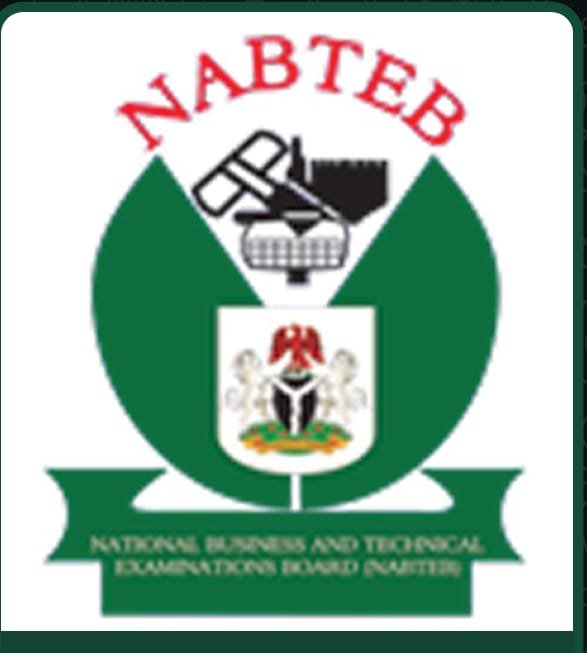
By Ihotu Uriel
The Federal Government has announced a bold policy shift aimed at reforming the accreditation process of tertiary institutions in Nigeria, responding to growing concerns about the current fragmented, expensive, and inefficient system.
Speaking at a high-level stakeholders’ meeting with professional regulatory bodies in Abuja on Wednesday, July 10, 2025, the Minister of Education, Dr. Maruf Tunji Alausa, described the existing accreditation framework as “chaotic, exploitative, and unsustainable.” He called for a comprehensive overhaul to streamline operations and reduce the financial burden on higher institutions.
Dr. Alausa emphasized the need for a unified accreditation model to be coordinated by the National Universities Commission (NUC), rather than the current system involving over 25 professional bodies conducting independent, and often duplicative, assessments.
“Accreditation should not be a business,” Dr. Alausa stated. “We must shift to an efficient, transparent system that ensures quality without draining institutional resources.”
Also present at the meeting, Professor Suwaiba Said Ahmad, Minister of State for Education, criticized the overlapping and frequent visits from various accreditation teams. She noted that such practices compel universities and colleges to resort to “artificial compliance” rather than genuine academic excellence.
The Ministry’s Permanent Secretary, Mr. Abel Enitan, reiterated the government’s readiness to collaborate with all stakeholders to enforce the reforms and restore credibility to Nigeria’s tertiary education system.
In strong support, NUC Executive Secretary Prof. Abdullahi Ribadu highlighted the clash between academic and professional standards, calling for synergy and coherence in the accreditation process. Likewise, JAMB Registrar Prof. Ishaq Oloyede condemned the exploitation of legal loopholes and urged for practical, lasting reforms.
Key resolutions from the meeting include:
A joint accreditation process to be led by the NUC in partnership with relevant professional bodies.
Accreditation to take place every five years, rather than in short, frequent cycles.
Accreditation visits to be concluded within 2–3 days.
Professional bodies to self-fund their participation and are prohibited from charging institutions.
The new framework to apply to all tertiary institutions nationwide.
This policy shift marks a decisive step by the Ministry of Education to regain oversight and bring order, fairness, and sustainability to Nigeria’s accreditation regime.
The official communiqué was signed by Mrs. Boriowo Folasade, Director of Press and Public Relations at the Federal Ministry of Education.








